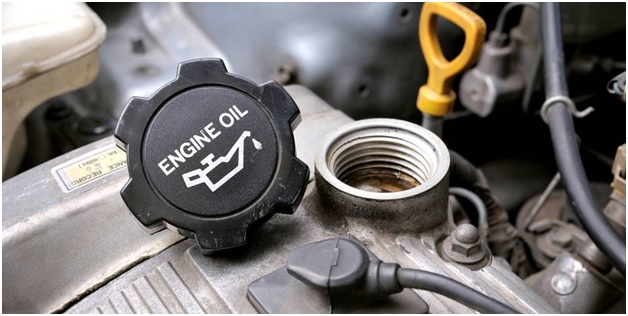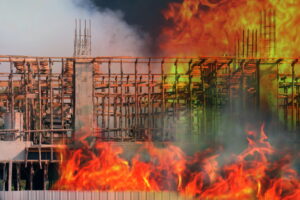An engine is one of the most important part of any car as it produces power and allow the car to get started. It is made by various parts bolted together and they work together to achieve power by burning of fuel. An engine requires an engine oil to get the power and boost car’s performance.
Burning oil is normally caused by leaking oil that burns up on hot engine or exhaust components. Engine oil is supposed to be contained inside the engine. With the passage of time, oil seals or gaskets may leak because of excessive wear and tear, or being exposed to outrageous heat. The oil leak will disseminate oil outside of the engine and ordinarily onto other engine components that are extremely hot. At that point, you can smell the burning oil.
As discussed above, engine oil burns fast due to either an oil leakage or damage to internal engine components. You would prefer not to sit tight for the oil level to get too low to realize you have an issue. There are some symptoms that you will notice while facing this burning oil issue:
- When you have an oil leak and the spilling oil hits exhaust or other hot parts, you will notice the burning smell before observing smoke.
- You may also see blueish smoke coming from the exhaust while the motor is running.
In any case, what is not normally known is that burning oil can likewise be caused by internal engine components that are not in a good shape. If the leak is not effectively analyzed or repaired, or the internal engine issue is not settled, extra oil will leak, which might result in a conceivably unsafe situation.
The reason oil burn is that it escapes from where it should be and is situated on hot parts like exhaust manifolds, valve covers or other engine systems. As a vehicle ages, diverse parts can wind up noticeably worn and not give a tight seal around the oil. The oil spills out and touches the hot components on the engine.
If the piston rings are quite old enough, the burning oil is caused by an absence of pressure in the ignition chamber and excessive oil entering the combustion chamber. This is again what causes engine oil to burn fast when chamber head valve guides are spoiled.
Another situation could be the point at which a Positive Crankcase Ventilation (PCV) valve is worn, it likewise enables oil to saturate the combustion chamber. A flawed or exhausted PCV valve enables pressure to build up, which pushes out gaskets that are intended to seal out oil. An accurately working valve eliminates gasses from the crankcase to keep the pressure development.
For better performance use Thermostat Housing It’s helps eliminate any Air Pockets and by Aiding in Purging any excess Air in the Cooling System.

 3 Reasons Why Reading Online Casino Reviews is Important
3 Reasons Why Reading Online Casino Reviews is Important




